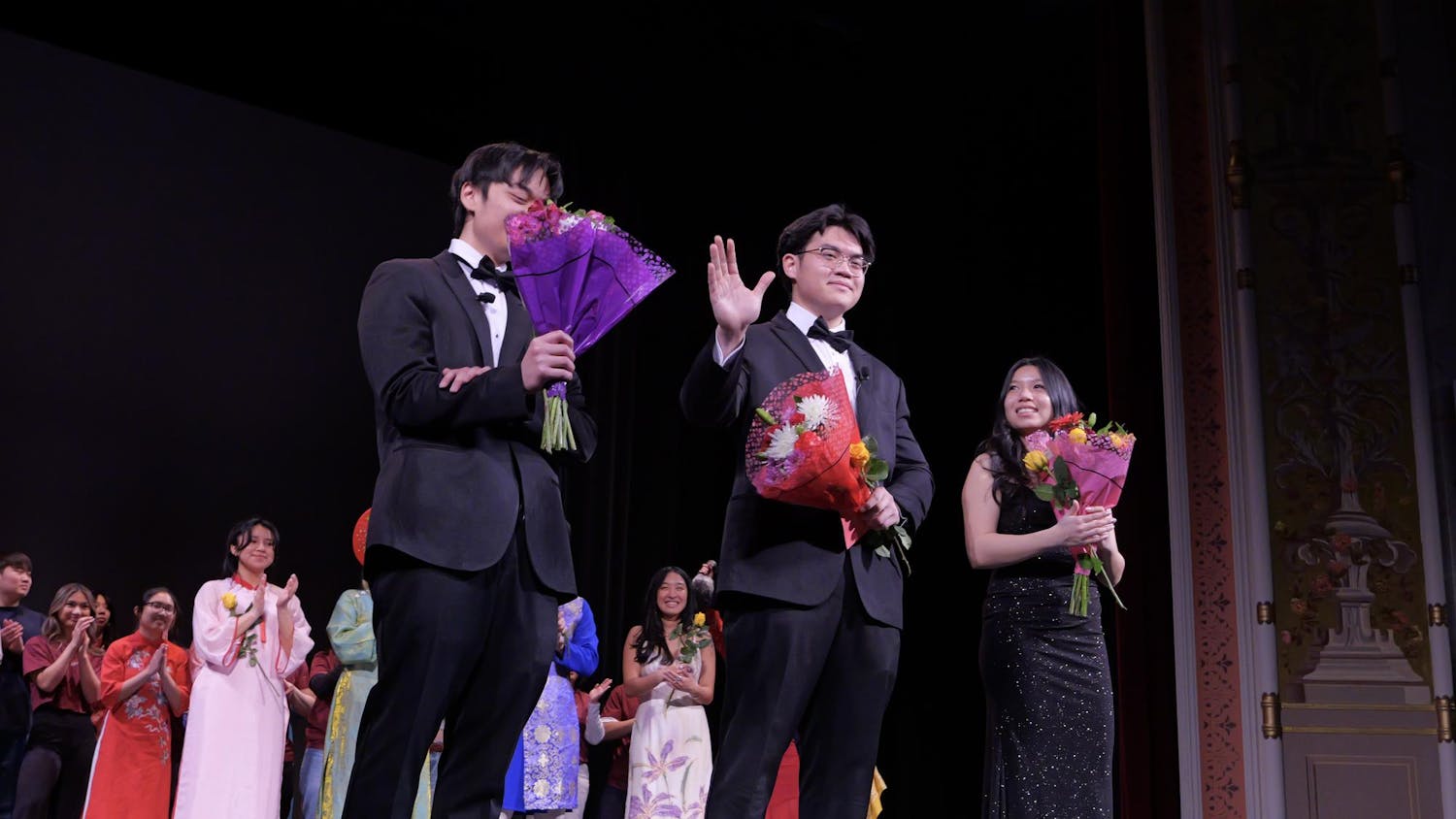Normally, it is unpleasant when a stranger criticizes you publicly based on a lack of information and preconceived misimpressions of your views and work. And while I would have preferred that Gary Caruso had done more research on the work and mission of the Center for Ethics and Culture, or perhaps had reached out to me directly, I am pleased to have the opportunity to set the record straight about who we are and what we do at the CEC. The Center for Ethics and Culture is dedicated to sharing the richness of the Catholic moral and intellectual tradition across a variety of disciplines, and at the highest level. To this end, we have a student formation program — the Sorin Fellowship — that offers mentoring, special events and directed research for a diverse and talented array of 150 undergraduate and graduate students. We sponsor more than 30 summer internships in a variety of nonprofit organizations, including refugee service programs, group homes for ex-convicts, crisis pregnancy centers and homes for the elderly poor. We have a robust program of research and academic programming. We regularly host the largest annual interdisciplinary academic event on campus — our Fall Conference, which was attended last year by more than 800 people from five continents. Past conferences have examined poverty, justice and the body and human identity, and they featured leading liberal and progressive thinkers such as Georgetown’s Peter Edelman, Harvard’s Michael Sandel and McGill’s Charles Taylor. Alasdair MacIntyre, who speaks at our Fall Conference every year, is the anchoring inspiration for our traditions-based approach to intellectual inquiry. As I write, the Center is hosting an important conference in Rome on African Christian Theology, gathering eminent lay and religious leaders of the Church in the global South to discuss issues of poverty, migration and interfaith dialogue. Finally, we have a flourishing public policy program, in which we aim to advance Notre Dame’s official institutional commitment to building a culture of life. Next month, we will honor the Jerome Lejeune Foundation with the seventh annual Notre Dame Evangelium Vitae Medal — the most important lifetime achievement award for heroes of the pro-life movement, for their dedication to research and advocacy for persons with intellectual disabilities — born and unborn. The Center for Ethics and Culture takes seriously the capacious nature of Catholic social teaching across the spectrum of human issues. We understand that all our work and thinking should be animated by a commitment to radical hospitality, human dignity, solidarity and the common good. We know that this calls us to speak out in defense of the unborn child, the refugee, the undocumented immigrant, the poor and the disabled. We believe that our work reflects this commitment. As for my appearance at the Napa Institute event, Mr. Caruso is gravely misinformed, as is anyone who read Mr. Gehring’s regrettably tendentious and incomplete description of my talk. I was asked to provide a lecture on the short-term legal and policy landscape regarding abortion and embryo research. I provided a comprehensive account of the opportunities to make progress on these issues. Anyone who works in Washington, D.C. knows that personnel is policy, so I made a point of noting the pro-life commitments of key officials and advisors. And I expressed approval insofar as these advisors purport to have the same commitment to the unborn affirmed by Notre Dame and Pope Francis. However, it is what Mr. Gehring omitted that created a profound misimpression for Mr. Caruso and, likely, other readers. Even though I was not asked to discuss health policy, I expressed my strong disapproval of any modification to the law that would result in the poor losing access to essential health care, especially via Medicaid. I concluded my formal comments with a plea for civility and, indeed, love for all (including those who perform or profit from abortion), encouraging listeners to befriend those with whom they disagree. After my remarks, in my only comment to Mr. Gehring, I lamented that there is no comfortable home for faithful Catholics in the major American political parties, because our conception of human dignity and the common good reaches all members of the human family. Mr. Gehring included none of this in his column, creating a false impression of my own commitments and views. I have written and spoken extensively about and against the death penalty, both as a scholar and as an advocate. I have spoken against reductive economic policies that leave the human person, and especially the poor, behind and the false dichotomy between social justice and the right to life. Contrary to Mr. Caruso’s assertion, I have argued that Congress should redirect Planned Parenthood funding to Community Health Centers, which are more numerous, cheaper and which provide a fuller range of health care for indigent women. For that matter, I would not object to Medicaid funding for Planned Parenthood itself, so long as it ceases its work as the nation’s top abortion provider. In conclusion, I invite Mr. Caruso — and all readers — to attend our events, meet our students, read the books in our Notre Dame Press series and spend time getting to know the Center for Ethics and Culture. We welcome everyone of good will who shares our love of civil discourse, Notre Dame, the Church and its much-needed countercultural teachings on human dignity and the common good.
Prof. Carter Snead
William P. and Hazel B. White Director
Notre Dame Center for Ethics and Culture
March 24









